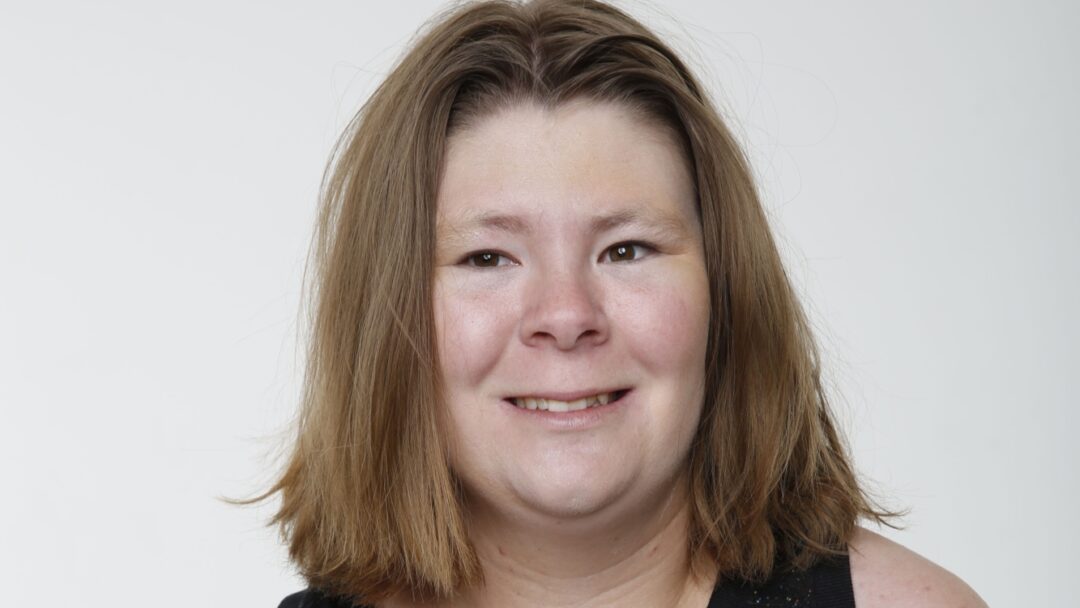News
Students with disability could see an improvement to their overall educational journey, as the Australian Government begins its review into the Disability Standards for Education.
The Department of Education defines the Disability Standards for Education, which was introduced in 2005, as guidelines to ensure students with disability can access and participate in education in a fashion equal to students without disability.
To make sure the Australian education sector is supporting students with disability to access and participate in education and training, the federal government is requesting feedback from the disability community.
Caitlin Syer, who has an intellectual disability and is autistic , says she felt “ very segregated” during her high school years, where she was enrolled in segregated education.
I’d gone to a mainstream primary school and then was told I probably would be better suited for a disability school… I felt like I was railroaded.
Caitlin Syer
Ms Syer believes segregated education is partially responsible for how people treat those with disability outside of the education system.
“When you come out of the school system, people do not know how to talk to you or be around you because they have been separated from people with disabilities their whole life.”
Associate Professor at Charles Sturt and the Associate Director of the Children’s Voices Centre, Dr Kathy Cologon, agrees, explaining how little has changed since the last review into the Disability Standards for Education, which occurred back in 2020.
To achieve that position where we're actually not discriminating against people who experience disability is going to be very difficult…whilst we maintain parallel systems of segregated and mainstream education.
Dr Kathy Cologon
According to the Department of Education, the government is looking for feedback from the disability community around how well the Disability Standards for Education are being implemented, if responsibilities for education officials are clear, and improvement suggestions to support inclusive decision-making and complaints handling.
Dr Cologon believes it's vital to have a transparent process that is “trauma informed and accessible,” making sure individuals can genuinely communicate in a way that works for them.
“For a lot of children and families going through a complaints process is quite a traumatic experience,” she says. “It’s really important that we recognise, respect, gather and value that input from people who experience disability.”
The Senior Lecturer is optimistic that shining a light on greater awareness of ableism and disability rights, will positively influence the consultation period and possible changes to the Disability Standards for Education in the future.
My big hope is that we can have a bit more of an understanding of the need to move away from the idea that education for those of us who are disabled is optional or other to the core business of education.
Dr Kathy Cologon
